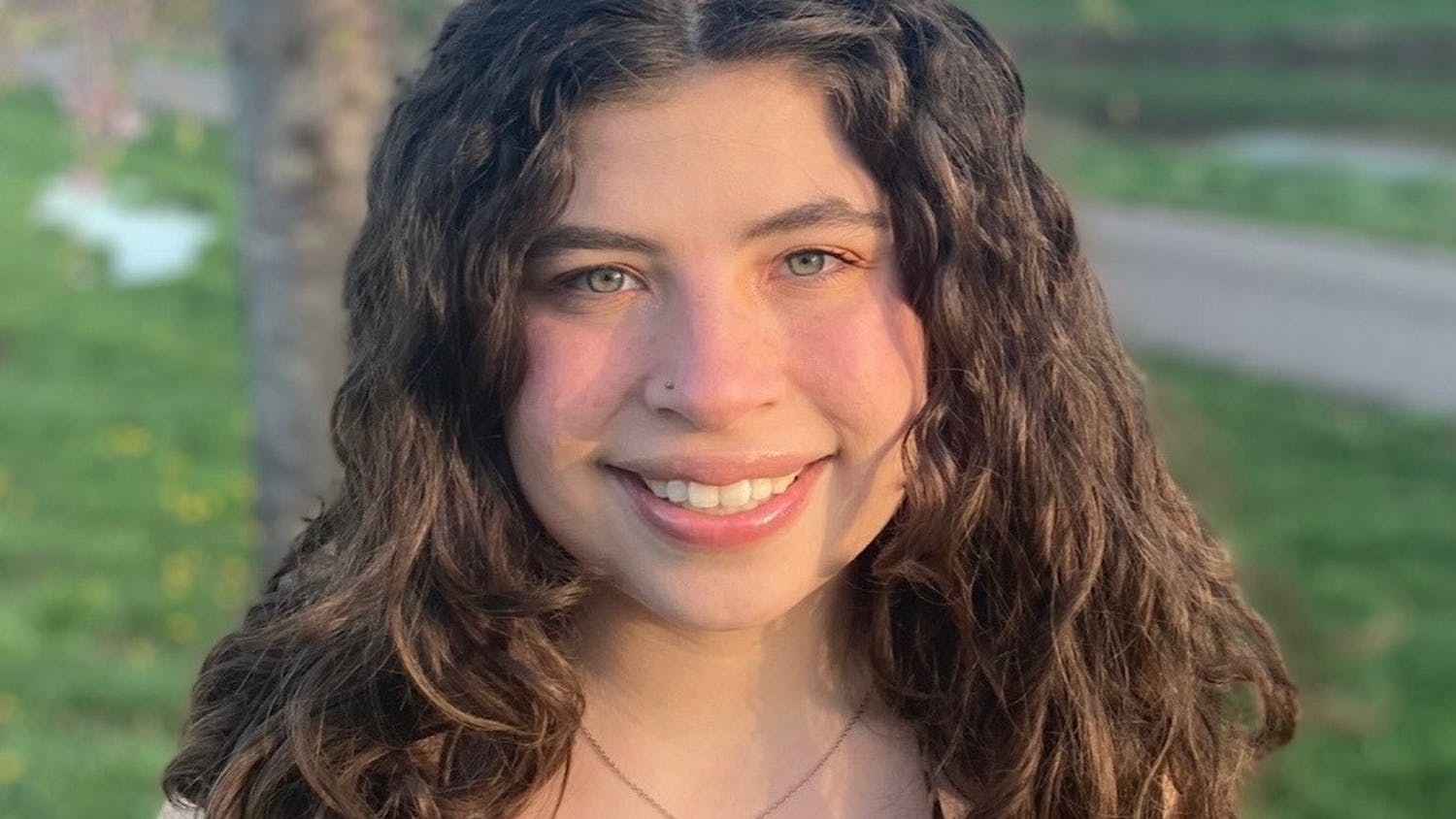On the evening of Monday, April 17 Yom Hashoah will begin, the Israeli day of remembrance for the over six million Jews who were murdered during the Holocaust. The year which is most commonly cited as the beginning of the Holocaust is 1933, meaning that we are now 90 years out from the beginning of the heinous genocide. Almost a century later, how should we be remembering the Holocaust? In this case, I believe that knowledge is the most powerful route to take.
The Pew Research Center released an article with statistics on Americans’ Holocaust literacy in 2020. Although the research shows some competency on the subject, it also highlights how many Americans are either unsure about specific facts about the Holocaust or believe something that is historically inaccurate. Pew also found that those who are more knowledgeable about the Holocaust have a higher opinion of Jewish people.
I often take the extensive education I had on the Holocaust for granted. I spent 12 years in a Jewish day school and I attended a secular private high school where I had the opportunity to take a class specifically about genocide.
My hometown has a museum of Jewish heritage, which has exhibits dedicated to the Holocaust, and I have been to the Holocaust Museums in Washington, D.C. as well as in Israel multiple times. In every Jewish youth group I was a part of and Jewish summer camp I attended or worked at, there were programs dedicated to Holocaust education. To me, questions in the Pew’s survey like, “What were Nazi-created ghettos?” and “When did the Holocaust happen?” seem almost trivial. And yet, according to the survey, I exist side-by-side with people who may be completely unaware of the answers.
It is not a coincidence that there is a rise in antisemitism along with a rise in a lack of Holocaust literacy. Currently, 31 American states do not require Holocaust education, a truly staggering number. With the Holocaust having begun almost a century ago coupled with the rise of antisemitism, it is clear that this must change.
The best way to remember the Holocaust and honor its victims is through raising awareness. Although an event that occurred 90 years ago can seem almost irrelevant, there are still Holocaust survivors who are alive today. You can visit many of the camps used to commit mass murder, and the children and grandchildren of survivors carry the generational trauma of the genocide. It feels like there are two sides to the world, one in which the Holocaust still feels fresh and relevant, and one in which it is drifting into a forgotten history. Ninety years later and beyond, it is the job of people like me, people who were given an intensive education on the Holocaust, to raise awareness and share the knowledge.
Over six million Jews, people who read the same prayers as me and ate the same foods I do, were brutally murdered. I cannot forget and I cannot allow the world to forget.
Hadass Galili is a senior studying political science pre-law at Ohio University. Please note that the views and opinions of the columnist do not reflect those of The Post. Do you agree? Tell Hadass by tweeting her at @HadassGalili.




